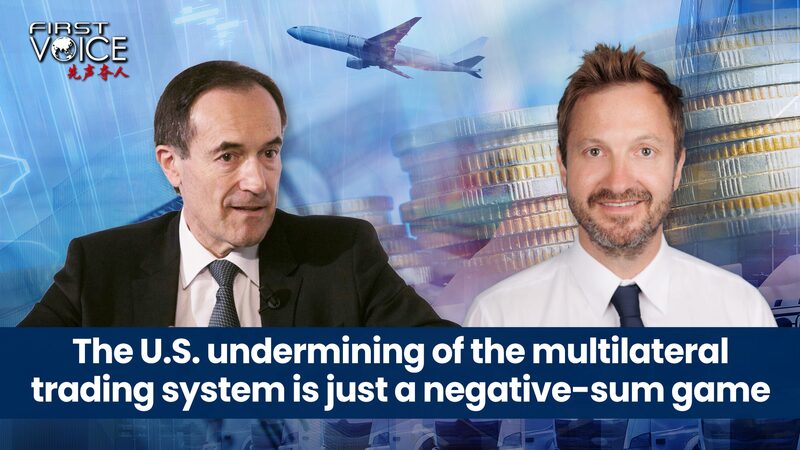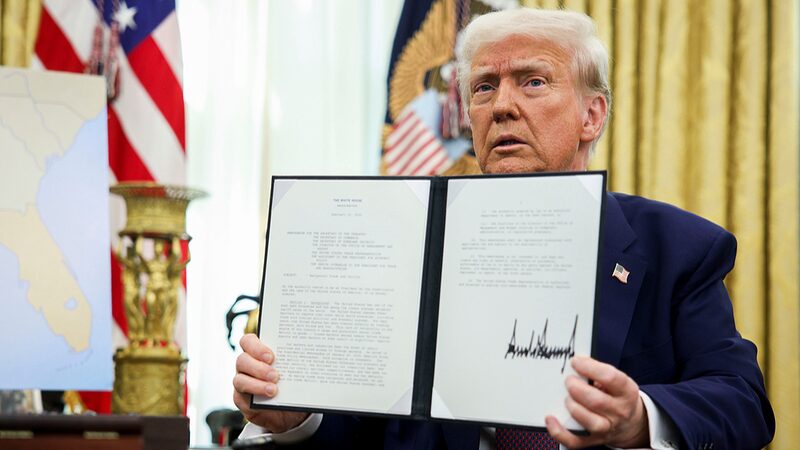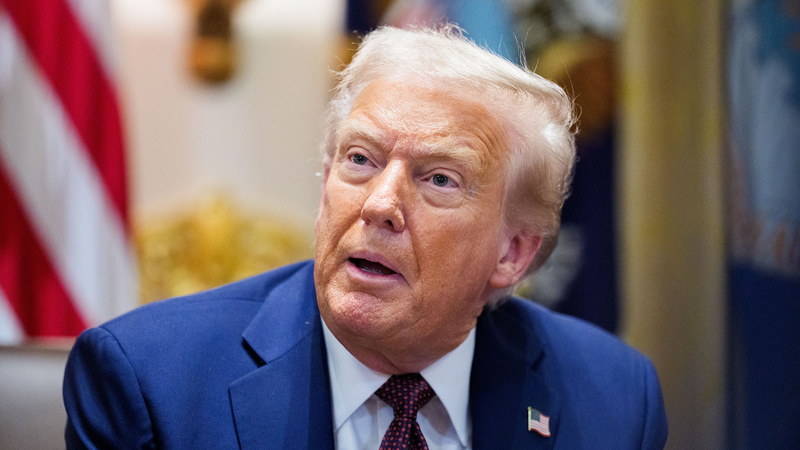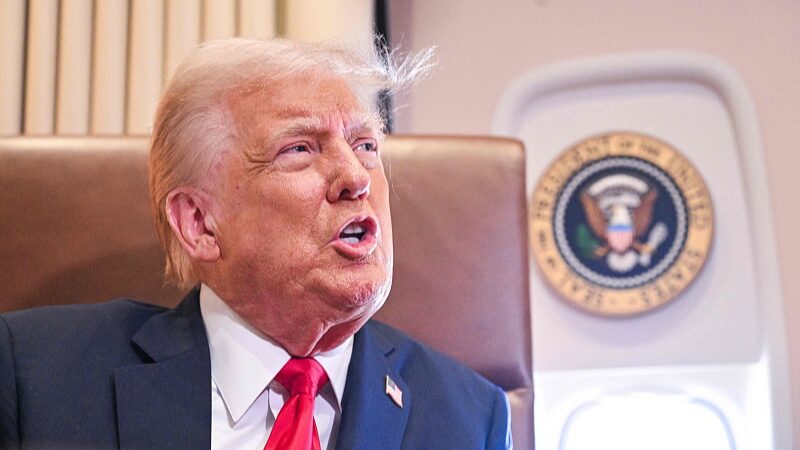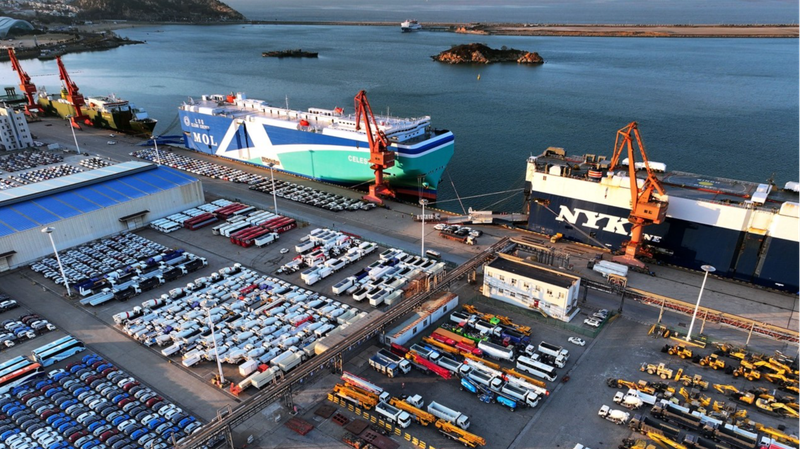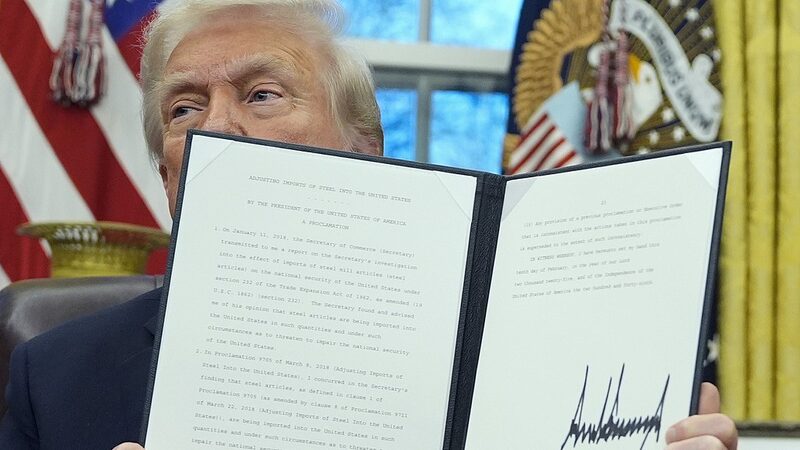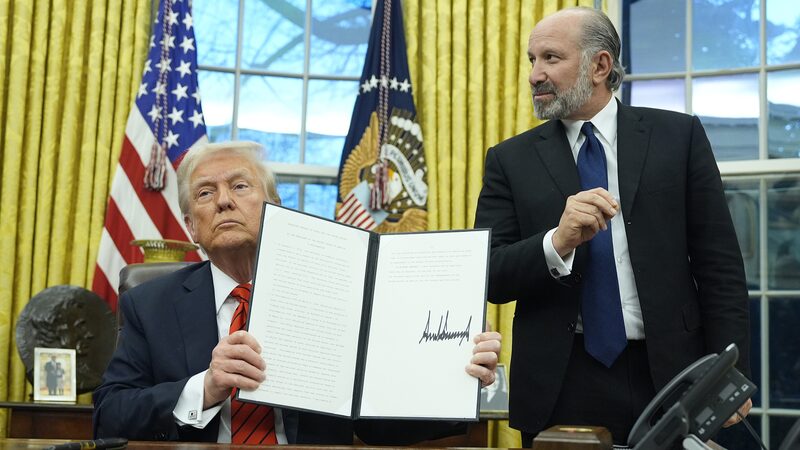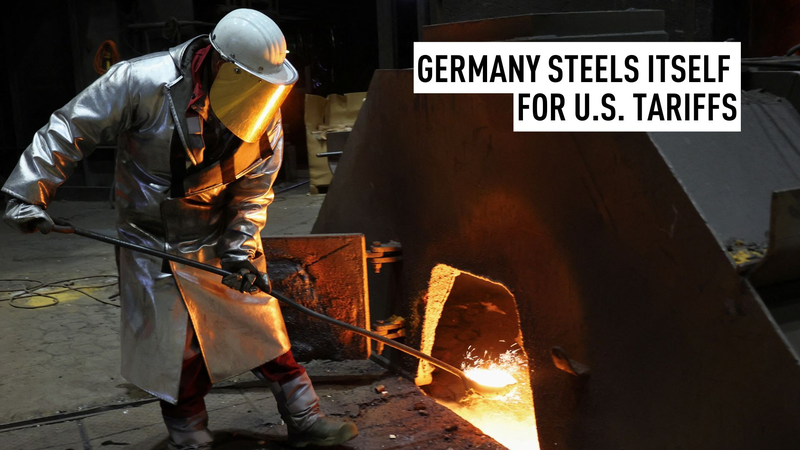U.S. President Donald Trump announced a 25 percent tariff on all steel and aluminum imported into the United States, sparking widespread criticism from economic experts. Armin Steinbach, a professor of European Union law and economics at HEC Paris, described the move as another attempt by Trump's administration to undermine the multilateral trading system that has been pivotal for global economic stability.
Manuel Menendez III, founder of MCM Group Holdings, echoed these concerns, stating that the tariffs are ultimately ineffective measures. He pointed out that the costs imposed by these tariffs are likely to be passed along to consumers and importers, leading to higher prices and reduced purchasing power. Menendez emphasized that in a trade war scenario, there are no winners—only increased economic strain and diminished trade flows.
The imposition of these tariffs has significant implications for global markets, including those in Asia. As major players in the global supply chain, Asian economies may experience shifts in trade patterns, impacting both exporters and consumers in the region. The broader consensus among experts suggests that such unilateral trade actions disrupt economic harmony and could lead to retaliatory measures, further complicating international trade relations.
Reference(s):
U.S. undermining multilateral trading system is a negative-sum game
cgtn.com
